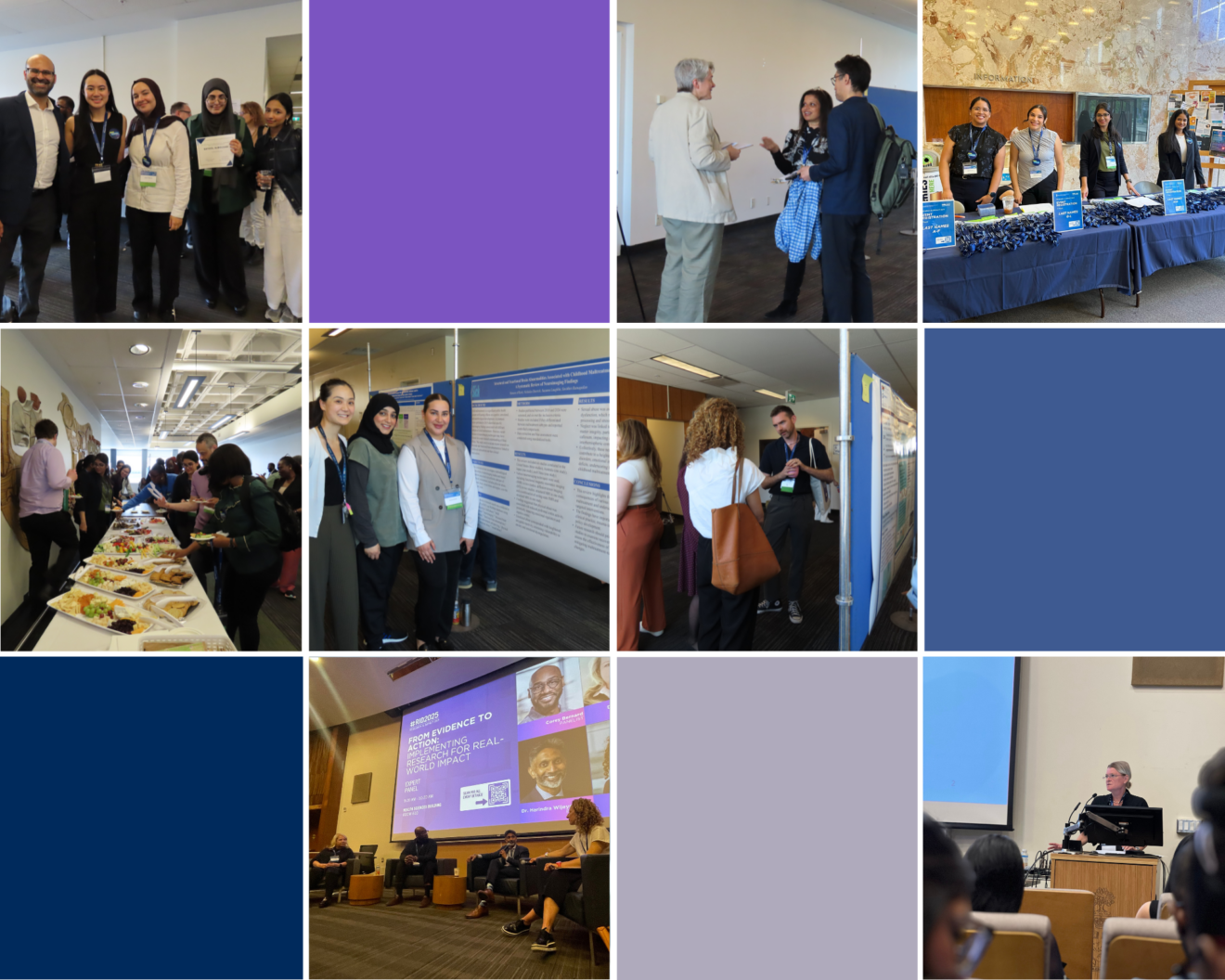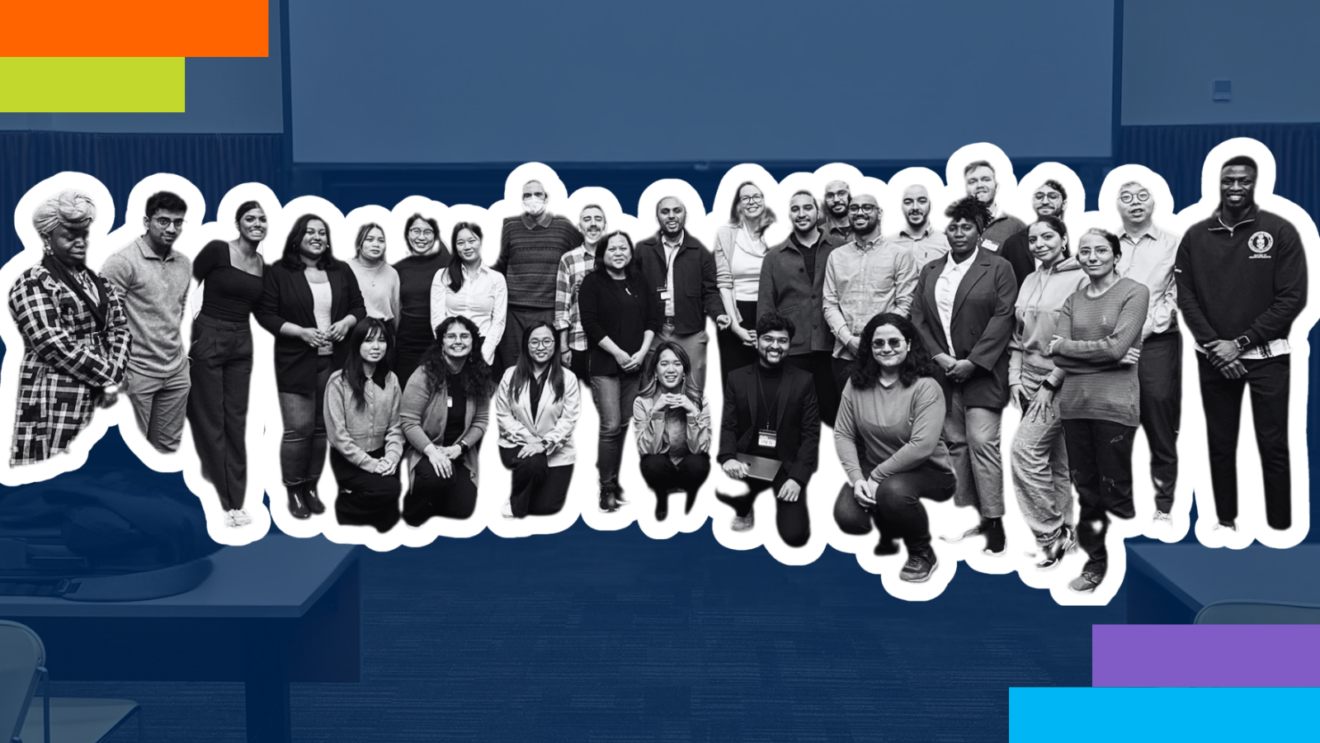
By Alisa Kim
A study by the Canadian National Institute for the Blind found one-third of Indigenous Canadians have not had an eye exam within the last two years. Moreover, research has shown Indigenous children experience high levels of astigmatism, an irregularity in the shape of the cornea that causes blurred vision. Poor sight has a knock-on effect of making it harder for children to learn as most of the learning in school is based on what a child sees.
Understanding the barriers Indigenous children face in accessing eye care and reducing those barriers is important to Justin Kritzinger, a student in IHPME’s System Leadership and Innovation program. For the program’s capstone project, Kritzinger and his supervisors, Drs. Helen Dimaras, Myrna Lichter and Abi Sriharan, have developed a pilot program with Native Child and Family Services of Toronto and the Native Women’s Resource Centre of Toronto to assess the eye health needs of Indigenous children in Toronto.
“It is extremely important to work with these community organizations as partners to deliver the best possible care and to make sure we’re doing it in a culturally sensitive way that works for the individuals we’re trying to serve,” says Kritzinger, who is also a third-year medical student at the University of Toronto’s Temerty Faculty of Medicine.
The eye clinics will be run through Native Child and Family Services of Toronto and the Native Women’s Resource Centre of Toronto, who will publicize the services and find children who wish to attend the clinics. There, Dr. Lichter along with eye health specialists from The Hospital for Sick Children, will check for eye problems, assess visual acuity and prescribe glasses as needed.
The idea for the project arose from Kritzinger’s prior work with the Native Women’s Resource Centre of Toronto to deliver eye care to adults. “The leaders there had said that a lot of the moms would say, ‘I’d love to have my kids’ eyes examined as well.’ We thought, why couldn’t we do the same thing we’re doing with the adults with the children? The moms there could bring in their kids and both could have their eyes examined at the same time. It would be a convenient experience and the kids could receive eye glasses as well,” he says.
The clinics are possible due to the volunteer service of participating ophthalmologists and a $25,000 grant from the Centre for Global Child Health at The Hospital for Sick Children, which will pay for the children’s eye glasses.
In addition to providing care, the team will study the prevalence of vision and eye disorders among school-aged Indigenous children, identify barriers Indigenous children face in accessing care, and find ways to provide culturally safe and comprehensive eye exams and follow-up care.
Kritzinger says he hopes the eye clinics will have a positive impact on the health of the children who attend them. The ultimate goal is to develop a long-term program that can be integrated into the existing infrastructure of community centres. “My hope is that we’ll be able to impact the quality of life for many children by correcting vision problems early on, which can have immense downstream consequences if left uncorrected. We also want to develop a sustainable program that’s able to serve the community in a meaningful way for a long time. This can only be done by working with the community and organizations under their direction.”
Related News

Sign up for IHPME Connect.
Keep up to date with IHPME’s News & Research, Events & Program, Recognition, e-newsletter.
Subscribe to Connect Newsletter
Get in Contact
Communications
Marielle Boutin
Email Address: ihpme.communications@utoronto.ca





